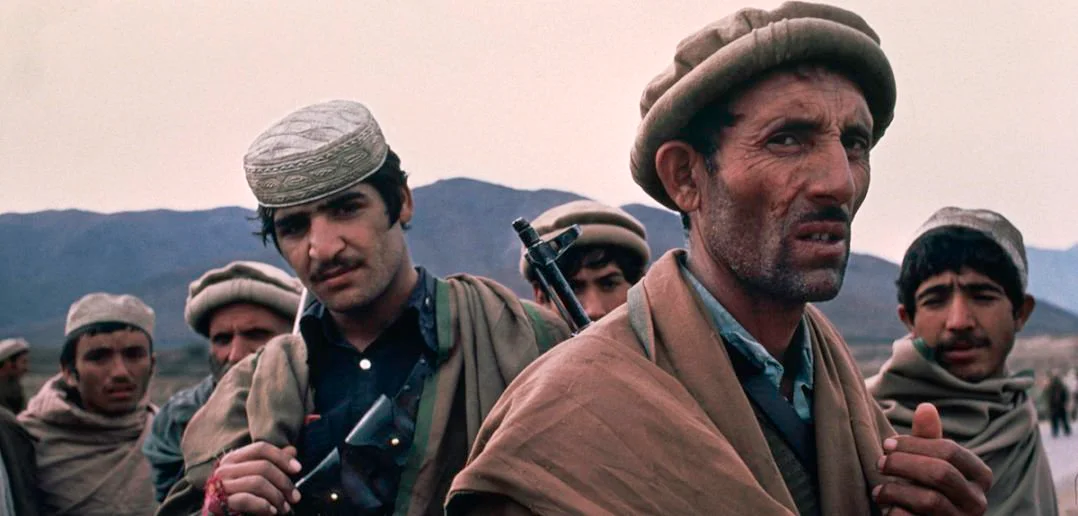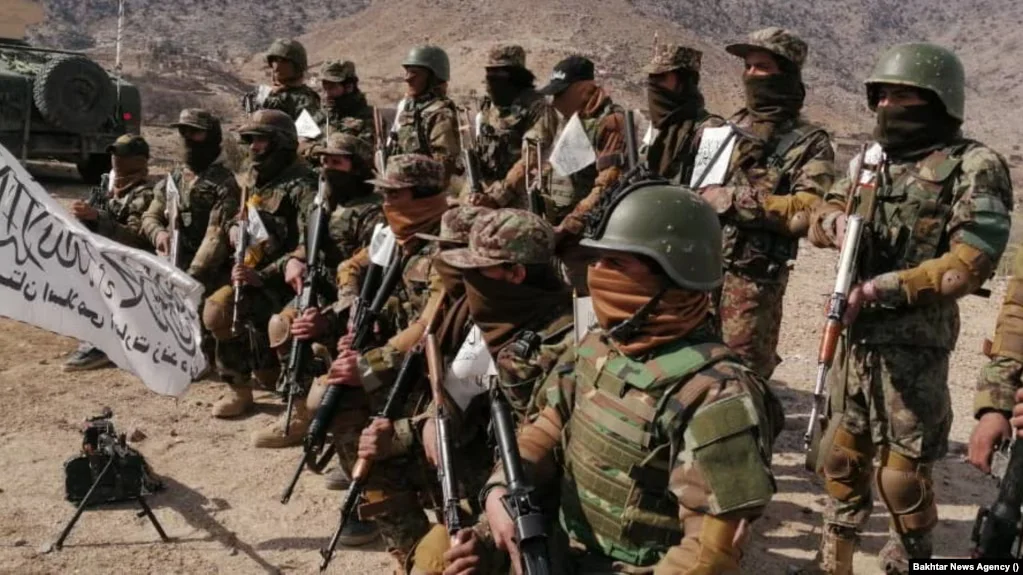Iranian schoolgirls targeted by poison attacks as concerns grow over religious groups opposing girls’ education, investigation underway as the government faces criticism for contradictory statements.
DUBAI: Hundreds of Iranian girls in different schools have suffered “mild poison” attacks over recent months, the health minister said, with some politicians suggesting they could have been targeted by religious groups opposed to girls’ education, in the schoolgirl poisonings.
The attacks come at a critical time for Iran’s clerical rulers, who faced months of anti-government protests sparked by the death of a young Iranian woman in the custody of the morality police who enforce strict dress codes.
The poison attacks at more than 30 schools in at least four cities started in November in Iran’s Shia Muslim holy city of Qom, prompting some parents to take their children out of school, due to schoolgirl poisonings, state media reported.
Also See: Iran Attacks Israeli-Owned Ship
Social media posts showed some hospitalized schoolgirls, who said they had felt nauseous and suffered heart palpitations.
“Investigating where this mild poison comes from … and whether it is an intentional move are not within the scope of my ministry,” Health Minister Bahram Einollahi was quoted as saying by state media.
His deputy, Younes Panahi, said on Sunday “it was found that some people wanted schools, especially girls’ schools, to be closed”, according to IRNA state news agency.
One boys’ school has been targeted in the city of Boroujerd, state media reported.
Lawmaker Alireza Monadi said the existence of
“the devil’s will” to stop girls from going to school was a “serious threat”, according to IRNA.
He did not elaborate, but suspicions have fallen on hardline groups that operate as the self-declared guardians of their interpretation of Islam.
In 2014, people took to the streets of the city of Isfahan after a wave of acid attacks, which appeared to be aimed at terrorizing women who violated the country’s strict Islamic dress code.
“If operatives of the acid attacks had been identified and punished then, today a group of reactionaries would not have ganged up on our innocent girls in the schools,” reformist politician Azar Mansoori tweeted.
Several senior clerics, lawmakers and politicians have criticized the government for failing to end the poison attacks and giving contradicting reasons for them, with some warning that frustration among families could ignite further protests.
“Officials are giving contradictory statements … one says it is intentional, another says it is security-linked and another official blames it on schools’ heating systems,” state media quoted senior cleric Mohammad Javad Tabatabai-Borujerdi as saying.
“Such statements increase people’s mistrust (towards the establishment).”
A judicial probe into the poisoning cases is under way, state media reported.
Source: The Express Tribune






